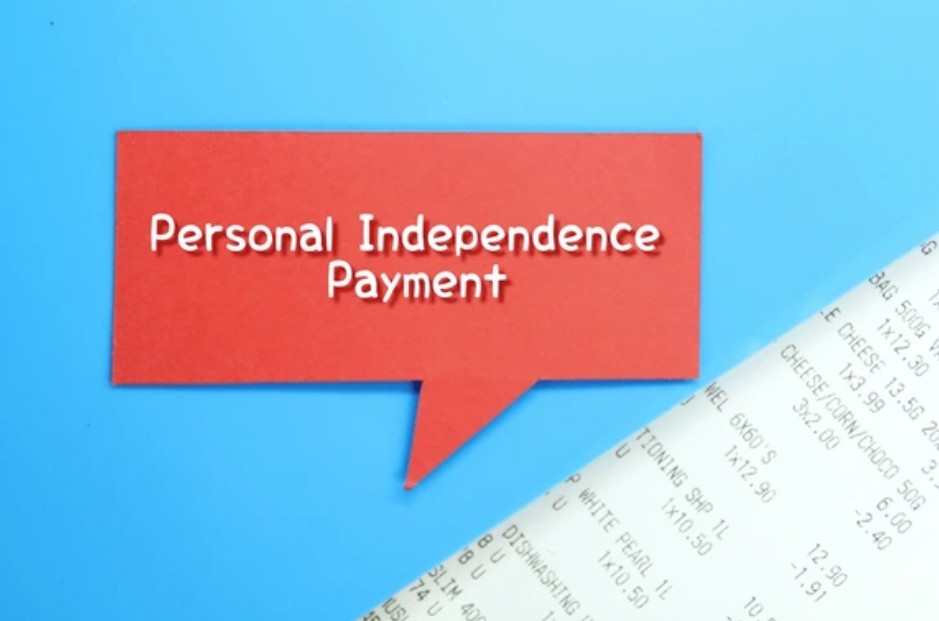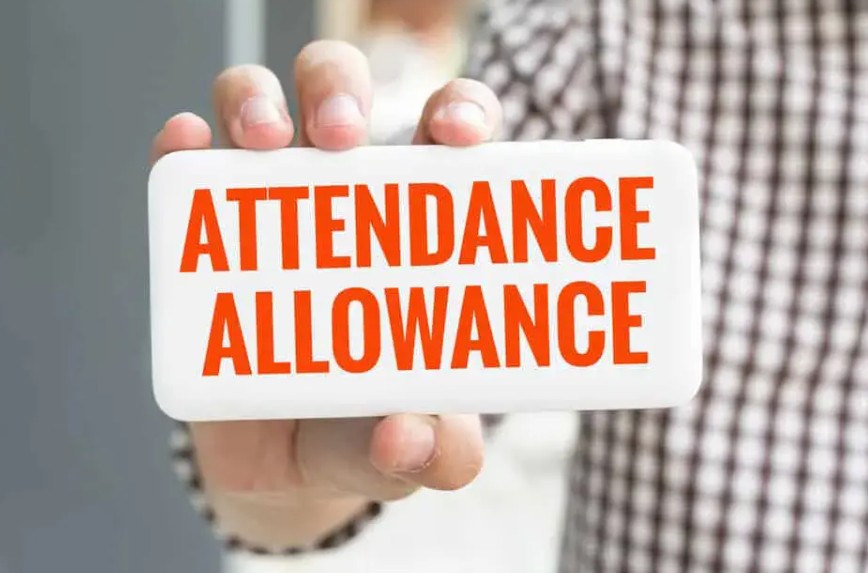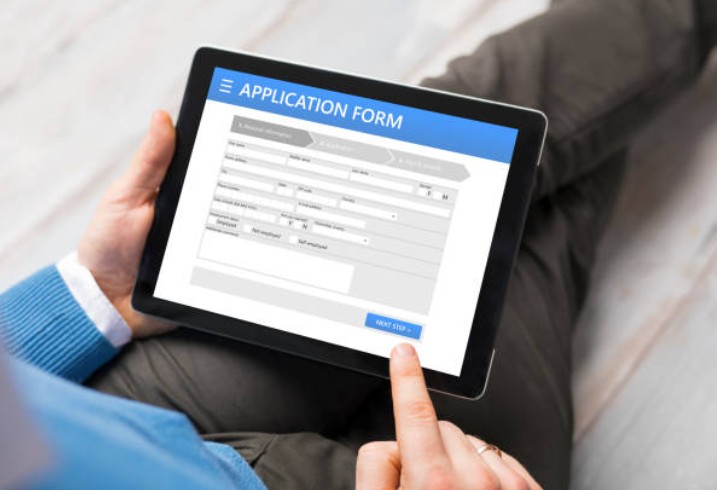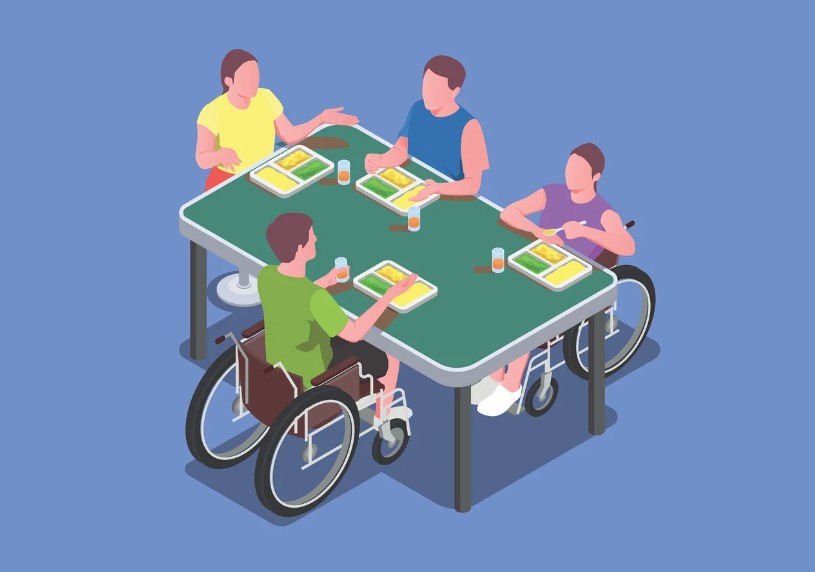Your Ultimate 2025 Guide to Eligibility, Conditions, and How to Claim Successfully
If you’re struggling with a health condition, physical impairment, or mental illness, it’s natural to wonder: “Do I qualify for disability benefits UK?” You’re not alone. Thousands of individuals across the UK find themselves unsure of where they stand, what support is available, and how to navigate the system.
This blog is designed to demystify the process. It provides up-to-date information on eligibility criteria, specific benefits, qualifying health conditions, and how to make a successful application for disability-related financial support in the UK.
Why Does the UK Provide Disability Benefits – and Who Are They For?
Disability benefits in the UK are a cornerstone of the welfare system. They are not simply handouts — they are a vital form of social protection, designed to ensure that people with long-term health conditions or impairments can live with dignity, independence, and equal opportunity.
These benefits aim to:
- Offset the additional living expenses caused by disabilities or health conditions
- Provide financial security where work is limited or impossible
- Enable individuals to access the care and mobility support they need
- Promote inclusion, safety, and quality of life
Importantly, many disability benefits are non-means-tested, meaning they can be awarded regardless of your income, savings, or employment status.
Do I Qualify for Disability Benefits UK?
Several disability-related benefits exist in the UK, each serving different age groups, locations, and types of health challenges. Here is an overview of the main benefits currently available:
| Benefit Name | Eligibility | Purpose | Available In |
|---|---|---|---|
| Personal Independence Payment (PIP) | Aged 16 to State Pension age | For help with daily living and/or mobility needs | England, Wales, NI |
| Adult Disability Payment (ADP) | Aged 16 to State Pension age | Scottish equivalent of PIP | Scotland only |
| Disability Living Allowance (DLA) | Under 16 years | For children with care and/or mobility needs | UK-wide |
| Attendance Allowance | Over State Pension age | For help with personal care needs | UK-wide |
| Employment and Support Allowance (ESA) | Working-age adults | For those unable to work due to illness/disability | UK-wide |
| Universal Credit – Disability Element | 18+ with limited capability for work | Financial top-up for those with health challenges | UK-wide |
How Do I Know If I Qualify for Personal Independence Payment (PIP)?

PIP is the UK’s flagship disability benefit for working-age adults and is intended to help with the extra costs associated with long-term health conditions. Eligibility is based on how your condition affects you, not just the diagnosis.
You May Qualify If:
- You’re between 16 and State Pension age
- Your condition is expected to last 12 months or more
- You struggle with daily tasks or moving around
- You live in England, Wales, or Northern Ireland
PIP is broken into two components:
- Daily Living: Help with tasks such as preparing food, washing, managing medication, or making decisions.
- Mobility: Help with physically moving around or navigating unfamiliar places.
Each component can be paid at a standard or enhanced rate depending on how much help you need.
2025 Weekly Rates:
- Daily Living: £72.65 (standard) | £108.55 (enhanced)
- Mobility: £28.70 (standard) | £75.75 (enhanced)
You can qualify for one or both parts depending on your needs.
Is My Child Eligible for Disability Living Allowance (DLA)?
Yes — if you have a child under the age of 16 who requires more care, attention, or supervision than other children their age, you may qualify for DLA.
To Qualify:
- The child must have required help for at least 3 months already
- The condition must be expected to last at least 6 more months
- You must live in the UK and meet residency rules
DLA Components:
- Care Component: For help with personal care (feeding, dressing, monitoring).
- Mobility Component: For children aged 3+ who need help moving around.
Weekly Rates (2025):
- Care: £28.70, £72.65, or £108.55
- Mobility: £28.70 or £75.75
Claims are typically made by parents or guardians on behalf of the child.
What Is Adult Disability Payment (ADP) and Who Can Apply?
If you live in Scotland, PIP has been replaced by Adult Disability Payment (ADP). While similar in purpose, ADP uses a more compassionate, claimant-focused approach.
Key Differences:
- No private companies involved in assessments
- More decisions based on paper evidence
- Administered by Social Security Scotland
Eligibility and payment rates remain largely the same as PIP, but ADP is generally seen as less stressful and more transparent.
Is Attendance Allowance Available for Older Adults With Disabilities?

Yes. If you are over State Pension age and need help with care tasks, you may qualify for Attendance Allowance — even if you are not physically disabled or mobile impaired.
You May Qualify If:
- You require frequent assistance with tasks like dressing, eating, or supervision
- Your condition has lasted at least 6 months
- You’re not already receiving PIP or DLA
Weekly Rates:
- Lower rate: £72.65 (for care needs during either day or night)
- Higher rate: £108.55 (for needs during both day and night)
Do I Qualify for Employment and Support Allowance (ESA)?
ESA supports people unable to work due to a physical or mental condition.
Two Types:
- New Style ESA – based on National Insurance contributions
- Legacy ESA – being phased out in favour of Universal Credit
You’ll need to complete a Work Capability Assessment, and your claim may be supported by a fit note from your GP.
Does Universal Credit Provide Extra Support for Disabilities?
Yes. If you claim Universal Credit, you may be eligible for additional amounts if your health condition limits your ability to work.
Two Relevant Categories:
- Limited Capability for Work (LCW)
- Limited Capability for Work and Work-Related Activity (LCWRA) – which pays £390.06/month
You’ll be assessed for this through the Work Capability Assessment, and supporting evidence will strengthen your case.
How Can I Apply for Disability Benefits in the UK?

Here’s how to start your claim with the best chance of success:
- Check your eligibility using GOV.UK or benefit calculators (like Turn2Us)
- Gather evidence – medical reports, care plans, prescriptions, etc.
- Apply by phone, post, or online
- Complete the health questionnaire honestly and thoroughly
- Undergo assessment (if needed) – this could be paper-based, phone, or face-to-face
- Wait for a decision – usually within 8-12 weeks
What Should I Do If My Disability Claim Is Denied?
It’s frustrating, but don’t give up — over 70% of PIP appeals are successful at tribunal.
If You’re Refused:
- Request a Mandatory Reconsideration within 1 month
- Submit an appeal to an independent tribunal
- Get support from Citizens Advice, Scope, or a welfare rights advisor
Final Takeaway: Should I Apply for Disability Benefits in the UK?
Yes — if a long-term health condition affects your ability to manage everyday life or move around independently, you are likely entitled to support. These benefits are your legal right, not a favour. They exist to level the playing field and ensure you are not disadvantaged by your condition.
Applying may seem overwhelming, but the reward is life-changing financial and practical support. Whether you’re applying for yourself, a child, or a loved one, take the first step today — knowledge is power.

Leave a Reply